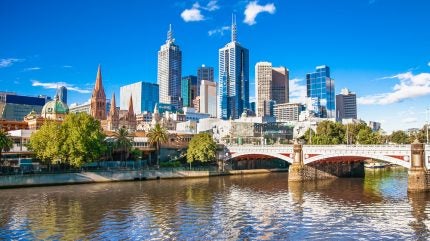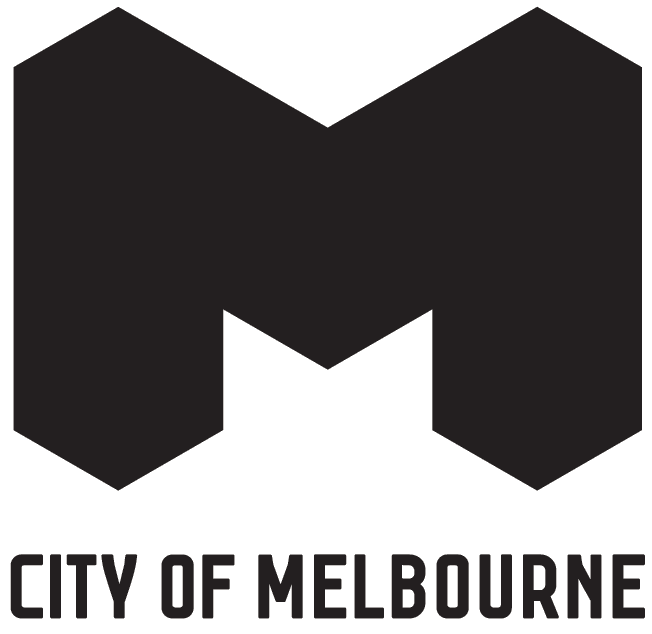
Melbourne is renowned for its vibrant art scene, world-class cuisine and rich cultural heritage. It has been designated as a UNESCO City of Literature, is home to numerous museums and galleries, and is easily navigated by tram, with world-famous beaches and wine country just a short drive away. ‘Melburnians’ are known as approachable and friendly, and this positive attitude, along with the location’s affordability, is cited as one of the many reasons why Australia’s second-largest city regularly appears in the top four of the world’s ‘most liveable cities’ index1.
Melbourne is also a thriving business hub, with a strong economy driven by sectors such as finance, technology and life sciences. With its diverse population, multicultural communities and globally renowned universities, it is no wonder that Melbourne is gaining a reputation for being the perfect place for start-ups.
Recruiting top notch talent to guide start-ups
Melbourne-based start-up Culture Amp first reached a $1bn (A$1.48bn) valuation in 2019. As an employee engagement company, it grew substantially during the Covid-19 pandemic, helping companies come to grips with remote workers, low morale and staff burnout. Culture Amp helps businesses use data to gain insights on how to improve workplace culture, engage employees and manage performance.
Amy Foo, senior vice-president, finance and revenue operations at Culture Amp, tells us that Melbourne compares well with the biggest cities in the world.
“The talent here is very good and growing,” she says. “I think Melbourne has come a long way in terms of creating an incubator that feeds into potential for start-ups to flourish and learn from bigger companies to get where they want to get to.”
Foo notes that the State of Victoria’s start-up agency, LaunchVic, provides programmes that build on founder, investor and talent capabilities and confidence.
“I think LaunchVic is a good launchpad for many things when it comes to start-ups and making them feel like they have a community. They provide all the support that they need, from Series A to Series B. Initially, they all need help,” says Foo, who served as a mentor for the initiative.
For example, now in its third year, 30X30 is an executive education programme run by LaunchVic that helps back-office staff at Victoria’s fastest-growing scale-ups deal with the obstacles of rapid expansion. The programme aims to help 30 Victorian start-ups reach unicorn status by 2030.
Future unicorns in Melbourne
When it comes to unicorns – privately held start-up companies with a valuation of at least $1bn – Melbourne is already ahead of the curve and poised to gain a few more. Research from analytics company GlobalData uses early predictive intelligence to spot which venture-funded companies have the potential to become unicorns. Just four Melbourne-based companies, highlighted by GlobalData, are:
- Marketplacer, a software-as-a-service platform that provides the tools and functionality required to quickly create profitable and scalable online marketplaces.
- Amber Electric, an energy retailing company that gives customers dynamic power prices that change with the real wholesale value of energy, with a mission to transition Australia to 100% renewable energy.
- JigSpace, which offers an application allowing users to create and share interactive 3D presentations to support their products.
- Socialsuite, a software company that offers a platform to help non-profits and corporations monitor, measure and report on the impact of their environmental, social and governance activities.
Foo believes that the biggest potential for strong start-up growth in Melbourne lies in the city’s renewable energy sector. “If you consider the growth of ChatGPT and AI as an industry itself, all those technologies require a lot of processing behind the scenes,” she says. “They will have a strong requirement and compounding need for energy. Every country should be thinking about renewables.”
Melbourne: an ideal landscape for evolving start-ups
Foo is also on the board of advisors for Invest Melbourne, which offers a range of support for companies landing, expanding or starting their business in the city. Invest Melbourne helps start-ups find grants and sponsorships, pre-accelerators, accelerators or incubators, as well as coworking spaces in the city, helping to set them up with everything they need to start their growth journey.
“Invest Melbourne is the first port of call for businesses wishing to start up in the municipality of Melbourne,” says Mark Cochrane-Holley, director Invest Melbourne. “We have the contacts and networks to start you on your journey, and a dedicated team of professionals to assist in navigating business market entry and business case validation, access to talent and insights about the city. Melbourne has so much to offer, and we are ready and willing to share this amazing city with you.”
In 2019, the City of Melbourne established its Nexus programme along with Nanjing Pukou High-Tech Zone and the Australia-China Association of Scientists and Entrepreneurs. Nexus involves business pitch competitions, coaching and mentoring with a specific focus on helping start-ups grow their business in Asia. In addition, the city offers its START in Melbourne, SCALE to South East Asia programme, which helps prepare Melbourne’s start-ups for entering the Asian market.
Community is also playing a huge role in growing successful start-ups in the city. “I think [Melbourne] does a wonderful job in getting people together and making them feel like they are part of a community. There is a lot of catch and release happening within the Melbourne tech town,” says Foo.
Meanwhile, when it comes to cross-pollination, Foo tells us that the arrival of talent from the US can be helpful.
“A substantial knowledge base from the US is transferring here,” she notes. “I have also seen very experienced technology executives leave their jobs in the US to return here to create their own start-ups. We often think about start-ups as young people who have great ideas, but there is also a cohort of experienced tech executives who have done their bit in Silicon Valley, who would return and build start-ups here too. They find that this is home, and also that Invest Melbourne exists here to support them.”
1 https://edition.cnn.com/2024/06/26/travel/the-worlds-most-liveable-cities-for-2024/index.html


